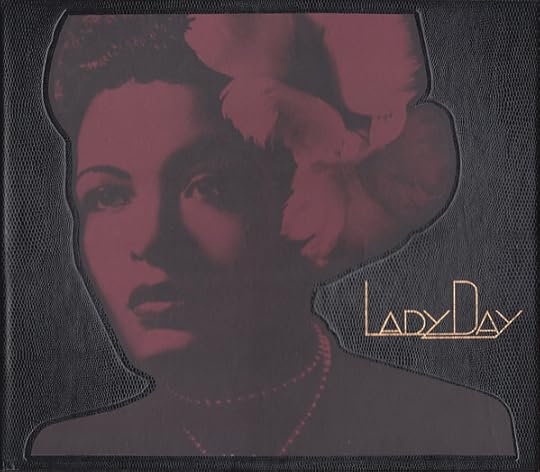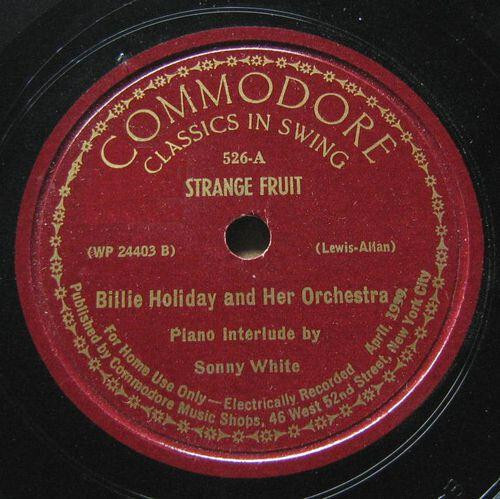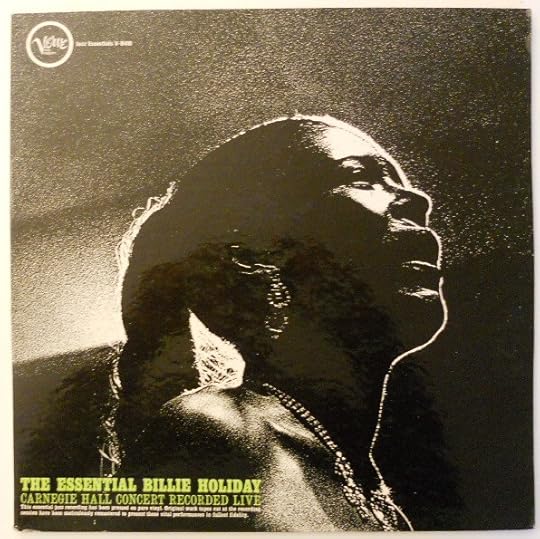What do you think?
Rate this book


208 pages, Paperback
First published January 1, 1956

Billie Holiday continues to feed our spirit. She is our wounded angel whose voice will never fade.

Look at my big dream! It's always been to have a big place of my own out in the country someplace where I could take care of stray dogs and orphan kids, kids that didn't ask to be born; kids that didn't ask to be black, blue, or green or something in between. I'd only want to be sure of one thing - that nobody in the world wanted these kids. Then I would take them.
I've been told that nobody sings the word "hunger" like I do. Or the word "love." Maybe I remember what those words are all about. Maybe I'm proud enough to want to remember...
Almost every day there was an "incident".
In a Boston joint, they wouldn't let me go in the front door; they wanted me to come in the back way. The cats in the band flipped and said, "If Lady doesn't go in the front door, the band doesn't go in at all." So they caved.

Mom and Pop were just a couple of kids when they got married. He was 18, she was 16, and I was three.




